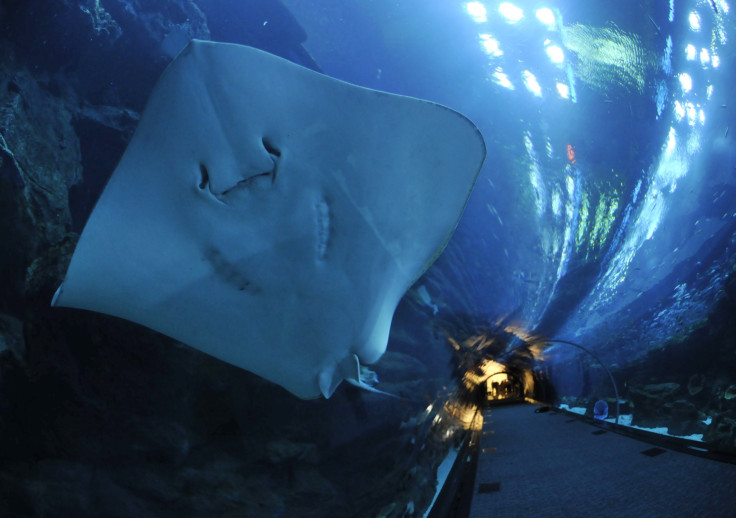Stingray Surveillance Details Stay Secret After St. Louis Robbery Charges Dropped

Prosecutors in St. Louis, Mo. have dropped robbery charges against four defendants accused of robbery one day before a police officer was expected to testify on the use of the controversial cell tracking tool known as a stingray. This comes just months after police in Baltimore, Md. Also dropped a case rather than reveal how they used the stingray, which has been shrouded in secrecy.
Stingrays, also known as “cell site simulators,” replicate the signal that normally emits from cell phone towers. That enables police to sweep up information on potentially thousands of cell phones in an area, giving them a glimpse into a phone's metadata, owner information and, in some cases, monitor parts of their conversation. Harris Corp., the Florida-based company that manufactures stingrays, forces police departments to sign non-disclosure agreements in order to purchase the device.
Missouri prosecutors denied to the St. Louis Dispatch that the case was dropped because of any technology used in the investigation. But Megan Beesley, the public defender in the case, told the Dispatch she doubts that claim, citing police documents that say “continuing investigation has disclosed evidence which diminishes the perspective merits of this case.”
Then in court detective John Anderson told the defense police used a “proven law enforcement technique” to gather information on the suspects, refusing to elaborate because of a non disclosure agreement according to Ars Technica.
St. Louis police are known to have temporarily used a stingray in 2011 and pursued a permanent device in 2012. It's unclear if that request was authorized.
© Copyright IBTimes 2024. All rights reserved.











